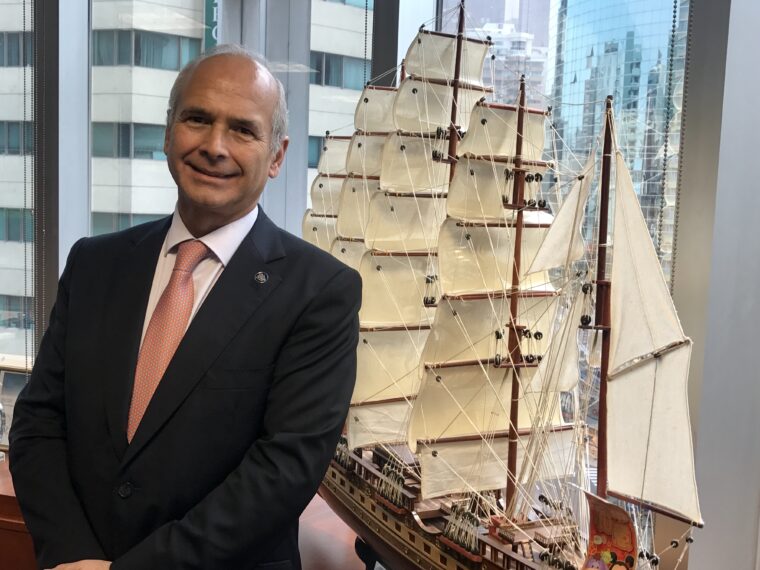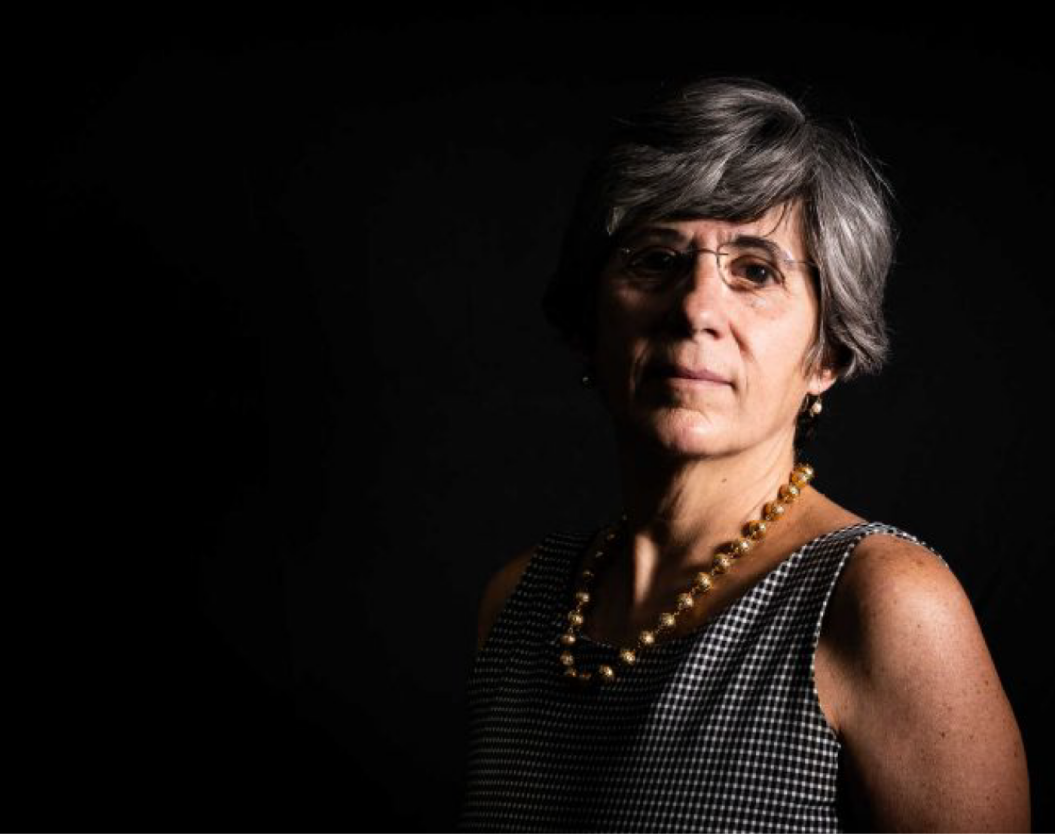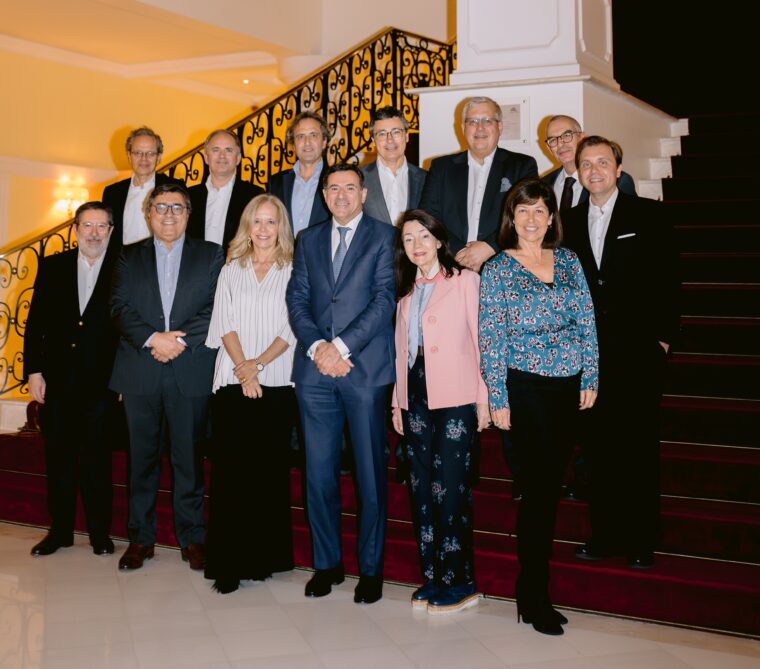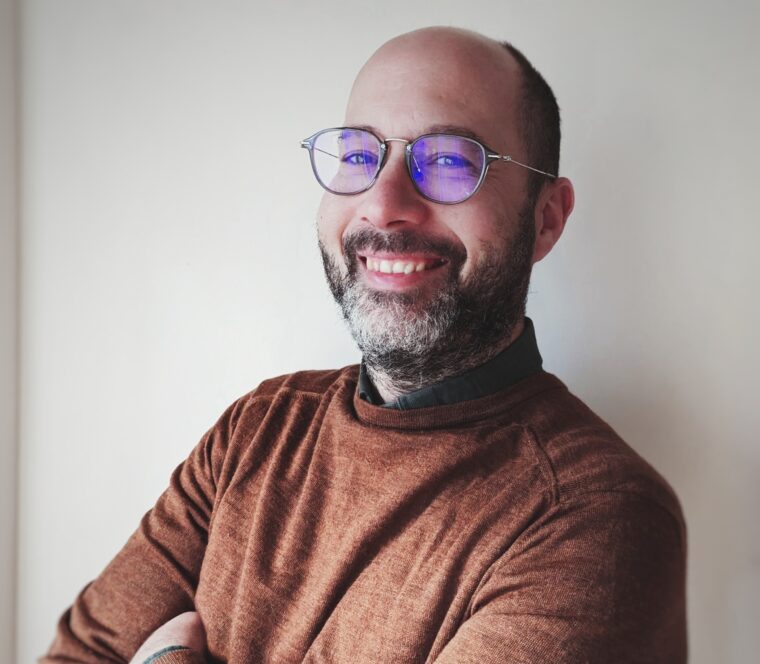Artificial intelligence is in fashion and its use has ceased to be a mere domain of science and research, it is changing many devices and services with a direct influence on people’s lives (and behavior). Manuela Veloso is currently the director of the Artificial Intelligence Research Center at JP Morgan, the largest North American bank and has made a career as a professor and researcher at CarnegieMellon University (CMU), in Pittsburgh, an institution to which she remains attached as coordinator of some master’s degrees and where he won several international distinctions.
Now, the Portuguese researcher who moved to the USA in the 1980s, received her first honorary doctorate, awarded by the Portuguese Catholic University (UCP). The diploma award event took place this afternoon, in Porto, which coincided with the inauguration of the UCP Biotechnology building, on what is celebrated as the National Day of the Catholic University and which was attended by the President of the Republic, Marcelo Rebelo de Sousa and the Minister of Science, Technology and Higher Education, Manuel Heitor.
To Dinheiro Vivo / Insider, the Portuguese researcher admits to feel “humble and proud” with the distinction. “I wonder if I deserve this honorary doctorate, but I am very satisfied. It is my first and it is an honor to be in Portugal ”, explains Manuela Veloso, who will receive another honorary doctorate in June, this time from the University of Bordeaux, in France.
Over the years, the researcher has received several awards related to work in computing, artificial intelligence and robotics from institutions around the world. The first, in the USA, was in 1995, the country’s biggest science award: the National Science Foundation Career Award. This was followed by several recognitions from more global institutions from around the world, including from China (where she was distinguished with the Einstein Chair Professor, from the Chinese Academy of Sciences in 2012).
“A person is never waiting for these awards, because it is not a matter of submitting a work and it is valued, but rather they are more general acknowledgments of the work done”, says the researcher, minutes before giving a conference at Universidade Católica de Lisboa on advances in artificial intelligence.
The work done over the years has paid off, with the development of robots that walk the corridors Carnegie Mellon University (CMU), in Pittsburgh, called Cobots. It has also helped to create a robotics competition called RoboCup and, alone or together with its PhD or Master students, has helped to develop advanced robotics projects. The latter, through a student of which she is a mentor, involved an investment of several million dollars from Sony to create a waiter-robot for restaurants. More recently, it has helped to create automated and intelligent systems to handle the “endless number” of complex data that JP Morgan bank handles on a daily basis.
“It sounds cliché but a person teaches and works in an area that he is passionate about without ever thinking about the existence of awards or distinctions”. Manuela Velosa admits to always being surprised “when the prizes appear”: “I always wonder what I did that was so special to win”.






